Contents
Social media success with affiliate marketing
Social media has become the place where people share their life experiences, and engage with their network of contacts. According to Statista, social media usage is one of the most popular online activities. In 2021, over 4.26 billion people used social media worldwide, a number projected to increase to almost six billion in 2027. It is then not surprising that the trend of brands and companies investing in social media to reach their potential audience is also rapidly increasing. Social media success with affiliate marketing is measurable, in this article we will explain how.
Besides a large number of active users, social media encourages end-user decision-making processes. According to a study, 71% of live-stream viewers have purchased something via social media, and 48% want to buy more using in-platform commerce tools.
Bit by bit, social media has helped build an active and powerful online community through which brands can generate lots of opportunities for their business. Therefore, measuring social media effectiveness is crucial to maximizing your social media strategy. This way you will understand that social media metrics are incredibly valuable.
1. Determine your goal
Firstly, you need to set your goals. It seems obvious but, if you don’t have a clear goal to accomplish with your social media marketing strategy, you won’t be able to measure your results. Continuing on you can find some questions to ask yourself when setting a goal:
- What am I exactly trying to achieve??
- Do I want to increase website traffic?
- What number of followers would I like?
- Do I want to generate leads?
- Am I looking to increase sales or conversions?
- Do I want feedback from my followers?
- Do I want to develop customer loyalty?
- How can I improve community engagement?
- What do I want people to know about me?
Having done this exercise, attainable goals would look like something similar to this:
- I want 1,000 new Instagram followers
- I want 20 people to see this post
- I want to create 2 engagements per week
2. Choose the right metrics
Social media metrics are incredibly valuable, because social media metrics refer to the quantifiable measurement where you can track, compare, and evaluate the performance of your activity. The success of your social media strategy can be measured in a variety of ways because it depends completely on the goal that you are trying to achieve. That means that it is crucial to find the right metrics that match the set goal in order to give answers to the previous questions. If you want to measure brand awareness, use metrics like volume or reach. If instead, you want to measure community engagement, use metrics like comments or replies.
Some of the most important key indicators (KPIs) to consider while tracking social activities are the following:
- Reach: This is the number of people who see your content.
- Impressions: This is the number of times people see your content.
- Engagement: This is the number of engagements your content gets from your audience.
- Conversions: This is the number of actions people take within your content: subscriptions, sales, downloads, etc.
3. Time to measure
Social media success with affiliate marketing is driven by these most important metrics to track in 2023:
Number of followers
This metric measures brand awareness because it refers to the number of people who follow your business page or profile. In the case of the follower growth rate, it measures the percentage increase or decrease in the number of followers compared to your previous analytics report. A good tactic to improve your follower count is regularly optimizing and updating your social media profiles.
Impressions and reach
f you want to measure brand awareness, reach and impressions should appear in your analytics report. While reach indicates the number of people who actually see your content, impressions measure the total number of times your content is viewed by the audience. The Fewer people see your post, the lower your engagement is to work out how to ensure your audience is being reached through your content at all times.
Engagement
Engagement is used to measure how involved your audience is in your content and how effective a campaign is. The engagement rate also indicates your audience’s health, since with this metric you can evaluate the number of real followers you get. On the other hand, you can identify the most interesting content types as you analyze likes, comments, and shares. Overall, having more engagements is a good indicator that your audience is interested in your content or brand.
Conversions
To summarize, a social conversion occurs when a user takes a desired action (signing up for a newsletter, downloading an app, purchasing something, etc.) from a social media channel. Then, when working on social media, it is crucial to track conversions to know how many users are converted into customers.
Social sentiment
The sentiment metric shows you how people feel about your brand: Monitor messages and relevant keywords to find out how many people talk about your brand online. You can also see how they feel about your brand compared to your competitors when it comes to online conversations.
4. Evaluate the results
At this stage, it is crucial to analyze and evaluate the corresponding metrics. This is to identify the top engaging social channels, channels revenue, top influencers, response rate, etc. In any case, monitoring the activity of your channels’ end users is imperative to get insights into how to increase the revenue generated by your brand’s different social pages.
Final thoughts
Social media metrics are incredibly valuable because they allow you to determine if you are making progress toward your goals and bringing you social media success with affiliate marketing. In fact, all metrics need to be considered equally significant as they indicate relevant information about reach, impressions, engagement, and conversions. As a final thought, nowadays the engagement metric is gaining more importance because its results impact social media performance. When users engage with your content, they are more likely to make the desired action and convert into customers. Don’t forget to check out our Affiliate Marketing Trends for 2023, especially the social media section!







Leave a Reply